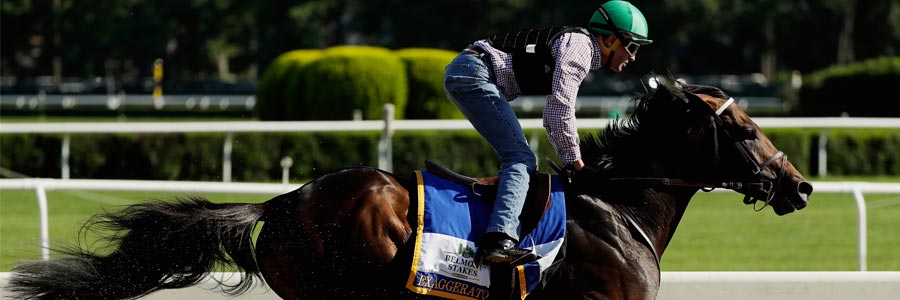
How To Bet a Quinella in Horse Racing
Written by Eric Williams on June 10, 2016
Whether you’re an experienced thoroughbred horse racing bettor or a casual fan of the sport that just likes to wager on the sport’s biggest races, like the quickly approaching 2016 Belmont Stakes, you’re going to get a online horse betting education thanks to this expert explanation of just what a quinella bet is!
Latest News, Tips & Expert Picks
- Live Horse Racing Odds in March for Top Graded Races You Don’t Want to Miss
- Bet on the MyBookie’s Top Graded Stakes Races for the Week
- Top 10 Contenders with Their Current Odds Kentucky Derby To Win the Race
- Horse Racing in February: Top Graded Races You Don’t Want to Miss
- Betting Horse Racing in 2025? What are the Top Events this Year?
- Get Kentucky Derby Race Lines: Top 10 Odds for the Thoroughbreds at MyBookie
- Betting Horse Racing in January: Kentucky Derby Preps Heating Up
- Kentucky Derby Predictions: Winners, Records and All You Need to Know
- Get Your Top Horse Racing Events That You Will Bet On in 2025
- Top Grade Stakes to Bet On: Weekend Horse Racing in December
- Horse Racing in November: Top Grade Stakes to Bet On This Weekend
- Get the Best Odds for Breeders Cup Plus Analysis & Picks for the 2024 BC Races
- Which Horse Has the Best Odds to Win the 2024 Breeders’ Cup Classic?
- The Smartest Way to Bet $100 at the Breeders’ Cup: Maximize Your Wager with the Best Odds
- A Weekend for Horse Racing: Top Grade Stakes to Bet On with Live Horse Racing Odds








